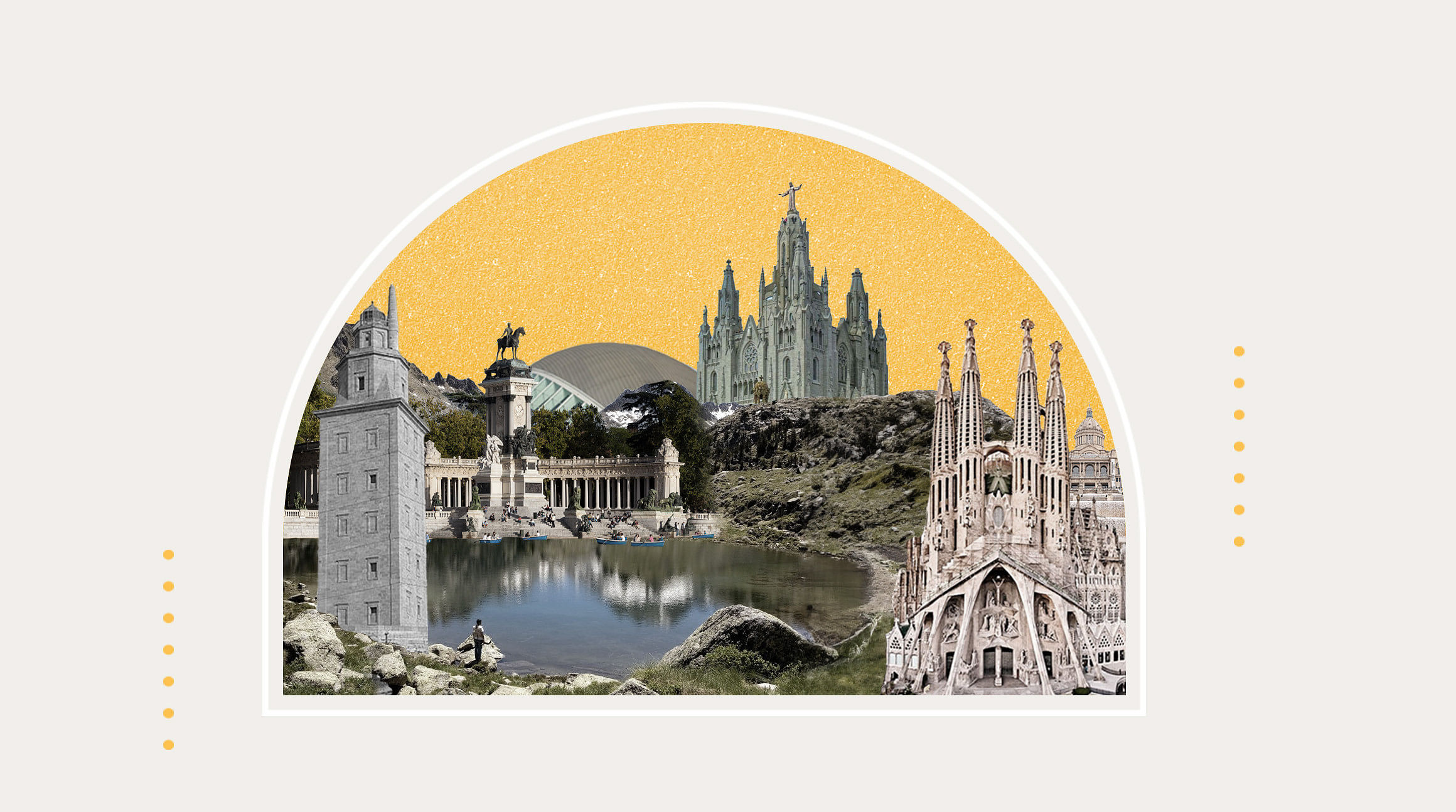
Spain, with its vibrant culture, stunning landscapes, and delicious cuisine, is on many travelers' bucket lists. But there's so much more to this beautiful country than meets the eye! So, before you pack your bags and set off on your Spanish adventure, let's dive into 20 fun facts about Spain that will have you looking like a local expert.
Related: Spain Travel Guide: Everything You Need To Know
1. Spain has the third largest number of UNESCO World Heritage Sites.
Spain boasts an impressive 45 UNESCO World Heritage Sites, including architectural marvels, historic cities, and natural wonders. These sites, such as the Alhambra and the works of Antoni Gaudí, are cultural treasures.
2. Spanish is one of the most widely spoken languages in the world.
Spanish holds a prominent position as one of the most widely spoken languages in the world, with over 580 million speakers across the globe. It's the official language in 21 countries, spanning Europe, the Americas, and even parts of Africa and Asia.
3. Spain produces 40% of the world's olive oil.
Spain holds the prestigious title of being the world's largest producer of olive oil, accounting for approximately 40% of global production. The country's favorable climate and extensive olive groves, particularly in regions like Andalusia and Catalonia, contribute to this remarkable feat.
4. Construction of La Sagrada Familia began in 1882.
Antoni Gaudí's unfinished masterpiece, the Sagrada Familia Basilica in Barcelona, is a testament to architectural brilliance. Begun in 1882, its ongoing construction mesmerizes visitors with its intricate facades and soaring towers. The completion of its sixth and final tower is expected in 2026.
Related: The 30 Best Things To Do in Barcelona
5. The tradition of siesta is deeply ingrained in Spanish culture.
The iconic siesta, a brief afternoon nap, is deeply ingrained in Spanish culture. Originating as a way to escape the heat of the day, this cherished custom is still observed in many parts of Spain, adding to the country's relaxed pace of life.
6. Football is a national obsession.
Spain is home to one of the most popular football leagues in the world, La Liga. Teams like Real Madrid and Barcelona attract millions of fans globally with their thrilling matches and storied rivalries.
 Unsplash
Unsplash
7. Tapas originated in Spain.
Spain's culinary scene is incomplete without tapas, small savory dishes often enjoyed with drinks. This tradition, rooted in Andalusian culture, originated from bartenders using slices of bread to cover drinks, later garnishing them with delectable bites.
8. Spain hosts the world's largest food fight.
Every August, the small town of Buñol hosts La Tomatina, the world's largest food fight. Thousands of people gather to hurl ripe tomatoes at each other in this messy but exhilarating event.
9. The running of the bulls dates back to the 14th century.
The San Fermín festival in Pamplona includes the famous running of the bulls. Participants run ahead of a group of bulls through the city streets, a tradition that dates back to the 14th century.
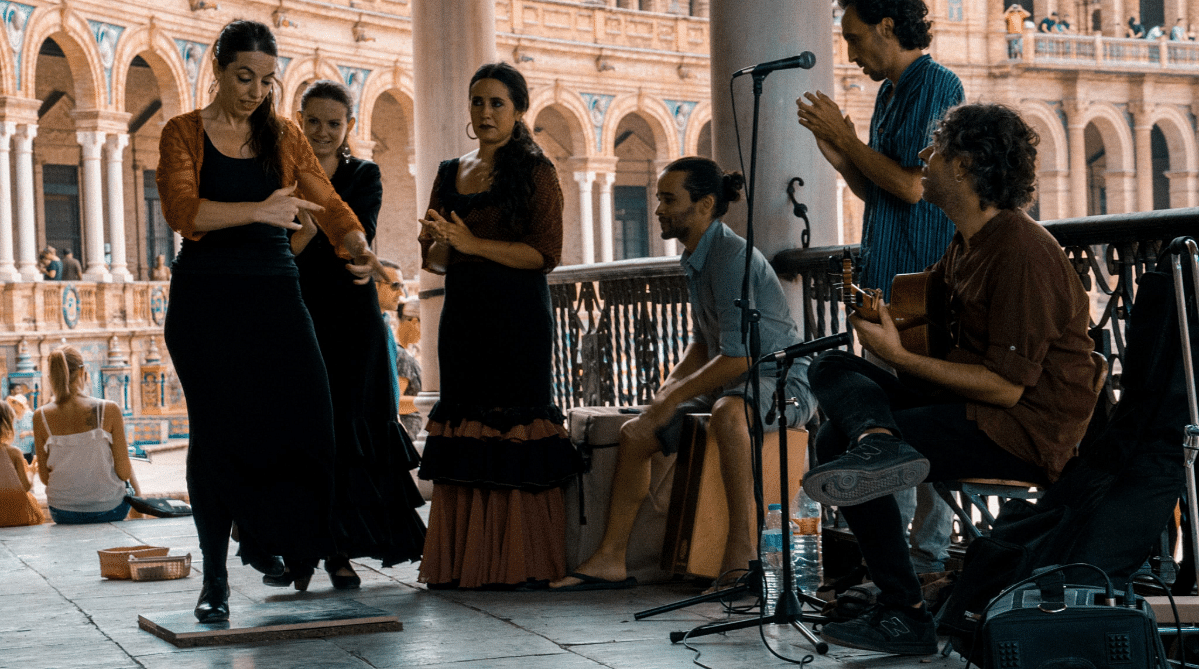 Unsplash
Unsplash
10. Spain is the birthplace of Flamenco.
Flamenco is a passionate and expressive form of Spanish music and dance. Originating from the Andalusian region, it combines singing (cante), guitar playing (toque), dance (baile), and handclaps (palmas).
11. Kilometer Zero marks the symbolic center of Spain.
Located in the heart of Madrid's Puerta del Sol square, Kilometer Zero (Kilómetro Cero) is the symbolic center of Spain. This iconic plaque embedded in the pavement marks the starting point for Spain's six national roads, as well as the reference point for measuring distances to and from Madrid.
12. Madrid is Europe's second-highest capital city.
Nestled in the heart of Spain, Madrid holds the distinction of being Europe's second-highest capital city, standing at an impressive altitude of approximately 667 meters (2,188 feet) above sea level.
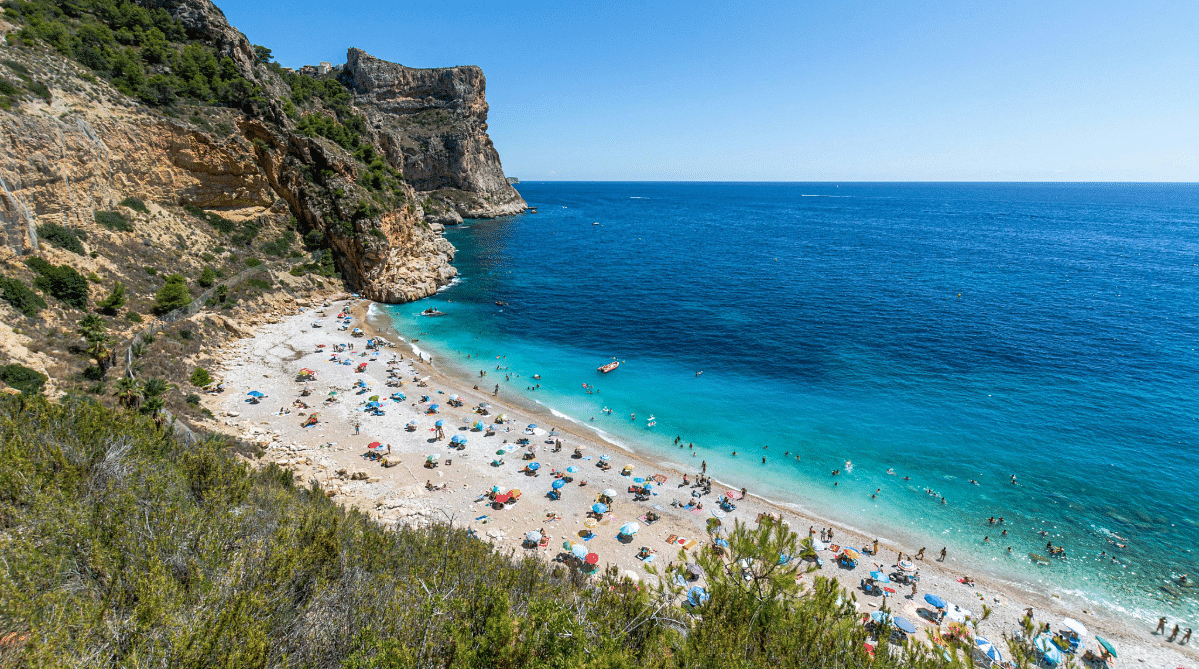 Unsplash
Unsplash
13. Spain has the world's largest number of Blue Flag beaches.
Spain proudly boasts the world's largest number of Blue Flag beaches, with over 600 stretches of coastline meeting the stringent criteria for cleanliness, safety, and environmental sustainability.
14. The world's oldest restaurant is in Spain.
Spain is home to the world's oldest restaurant, Sobrino de Botín, nestled in the heart of Madrid. Established in 1725, this iconic eatery has been serving traditional Spanish cuisine for over three centuries, earning it a place in the Guinness World Records.
15. Spain's national anthem has no words.
Spain's national anthem, "La Marcha Real" (The Royal March), stands out for its unique characteristic: it has no official lyrics. While various attempts have been made throughout history to add lyrics to the anthem, none have been officially adopted, making it one of the few wordless national anthems in the world.
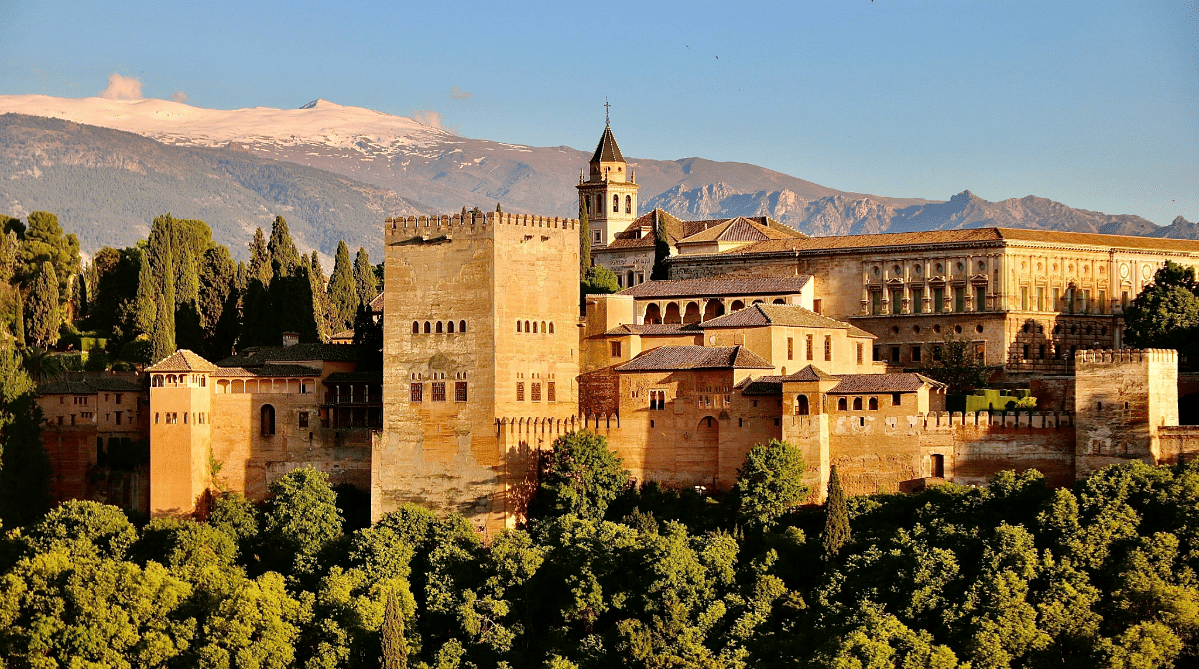 Unsplash
Unsplash
16. The Moors occupied Spain for 800 years.
During this period, the Moors, predominantly Muslim Berbers and Arabs from North Africa, left an indelible mark on Spanish culture, architecture, and cuisine. Their influence is evident in the ornate palaces of Andalucia, the intricate geometric patterns adorning mosques and palaces, and the introduction of crops such as citrus fruits and rice.
17. The world's first modern novel is Spanish.
Spain holds the distinction of being the birthplace of the world's first modern novel, "Don Quixote" (or "El Ingenioso Hidalgo Don Quijote de la Mancha"), written by Miguel de Cervantes. Cervantes' innovative narrative style and keen insight into human nature laid the foundation for the modern novel.
18. Spain is on Central European Time.
Geographically, Spain should be in the GMT time zone, like Portugal and the UK. However, during WWII, Spain's dictator aligned the country's clocks with Germany, moving it to Central European Time. It's been that way ever since!
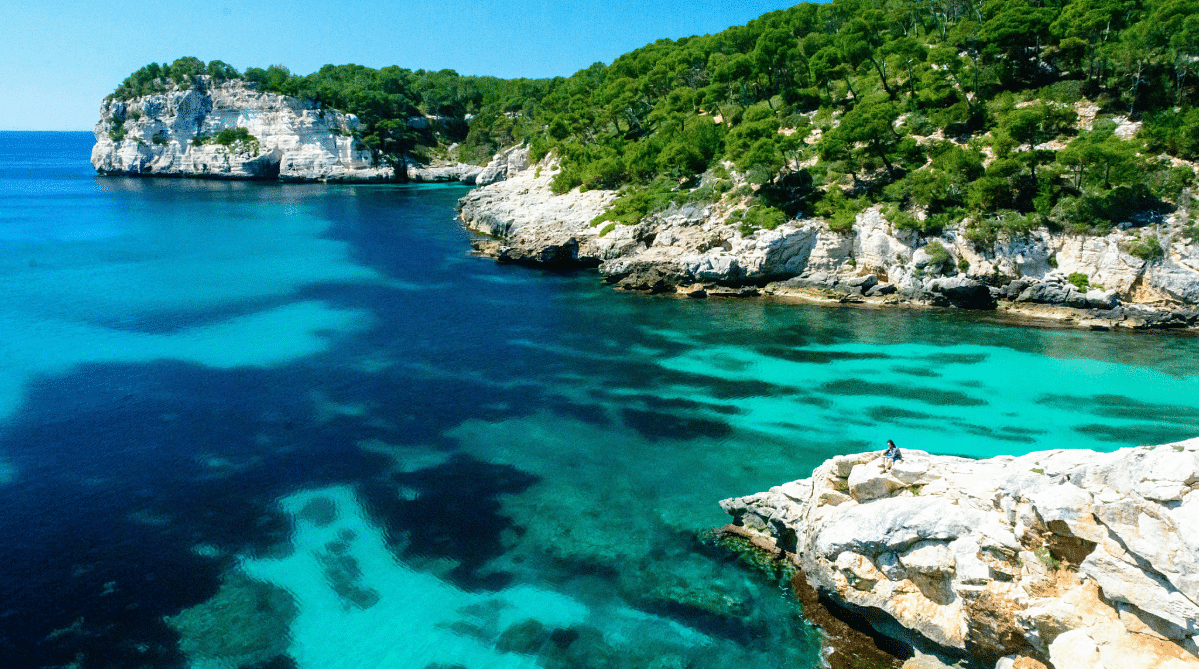 Unsplash
Unsplash
19. Spain has more than 1,000 islands.
From the Mediterranean jewels of Mallorca, Ibiza, and Menorca to the volcanic landscapes of the Canary Islands, Spain's islands offer a diverse range of landscapes and experiences for travelers to explore.
20. Spain has four official languages.
Spain is a nation of linguistic diversity, with four official languages recognized at the national level: Spanish (Castilian), Catalan, Galician, and Basque. While Spanish is the most widely spoken language, Catalan is predominant in Catalonia and the Balearic Islands, Galician in Galicia, and Basque in the Basque Country and parts of Navarre.
Are you planning a trip to Spain? Stay connected with a Spain eSIM from Airalo.


